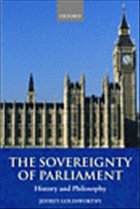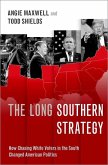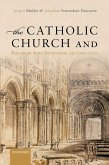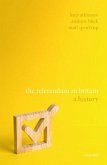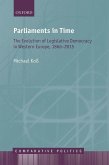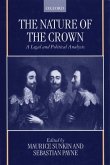He discusses the ideas of a large number of legal and political thinkers, including Fortescue, St German, Hooker, Coke, Bacon, Parker, Milton, Hobbes, Hale, Locke, Bolingbroke, Blackstone, and Burke. He shows that judges in Great Britain have never had authority to invalidate statutes, and that the doctrine is much older than is generally realized. The book concludes by dealing with philosophical criticisms of the doctrine. Combining the insights of earlier thinkers with those of contemporary legal philosophers, it demonstrates that these criticisms are based on a defective understanding of the nature and foundations of law, and of the relationship between legislative authority and the common law. It argues that the doctrine is morally defensible, and refutes the thesis that the judges have authority to modify or reject it.
In British constitutional law, the doctrine of parliamentary sovereignty maintains that Parliament has unlimited legislative authority. Critics have recently challenged this doctrine, on historical and philosophical grounds. This book describes its historical origins and development and identifies the reasons why it was adopted, examines its current legal basis, and responds to the critics.
Hinweis: Dieser Artikel kann nur an eine deutsche Lieferadresse ausgeliefert werden.
In British constitutional law, the doctrine of parliamentary sovereignty maintains that Parliament has unlimited legislative authority. Critics have recently challenged this doctrine, on historical and philosophical grounds. This book describes its historical origins and development and identifies the reasons why it was adopted, examines its current legal basis, and responds to the critics.
Hinweis: Dieser Artikel kann nur an eine deutsche Lieferadresse ausgeliefert werden.

